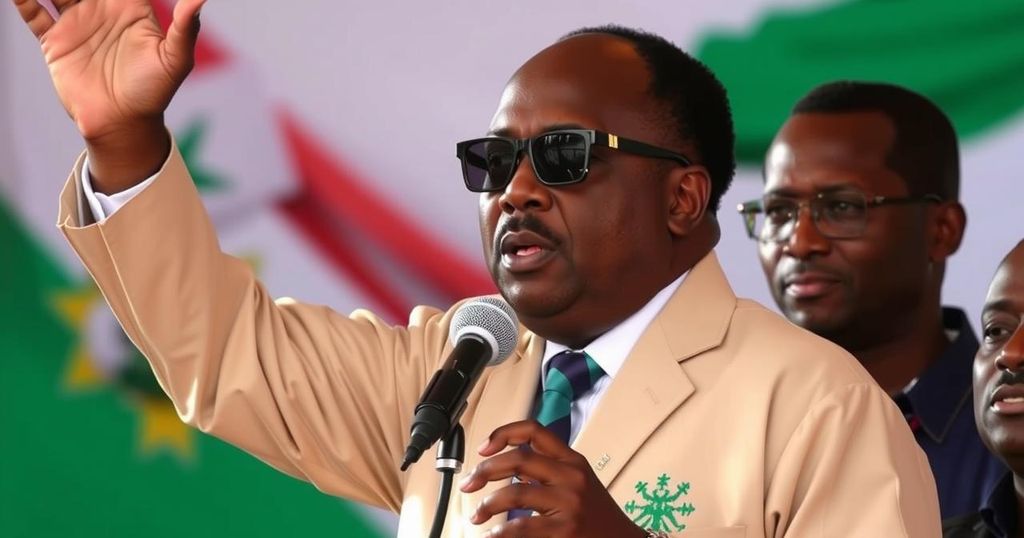Chad’s ruling party, the Patriotic Salvation Movement, claimed a majority in the recent parliamentary elections boycotted by opposition parties. With 124 out of 188 seats and a 51.5% voter turnout, the election is a pivotal moment in the country’s transition to democracy under President Mahamat Idriss Deby, who took power following his father’s death in 2021.
In a significant parliamentary election held last month in Chad, the ruling Patriotic Salvation Movement party secured the majority of seats, following a boycott by the main opposition parties. The provisional results indicated that the ruling party won 124 out of 188 seats, with a reported voter turnout of 51.5%. This election marked the first of its kind in over a decade and was seen as a consolidation of President Mahamat Idriss Deby’s political power.
This election is a crucial step in Chad’s ongoing transition to democracy after Mahamat Idriss Deby assumed military rule in 2021, succeeding his father, Idriss Deby Itno, who had ruled for over thirty years. The elections included not only parliamentary seats but also regional and municipal positions. President Deby had promised that this electoral process would herald an era of decentralization in governance, expanding power beyond the central administration.
This election is particularly significant as it is the first parliamentary election in Chad since 2011. The ruling party’s victory follows a period of military rule after the death of Idriss Deby Itno. The political landscape has been shaped by ongoing security challenges, including violent activities from Boko Haram and shifting relationships with international allies, such as France. The opposition boycott, involving over ten parties, raised concerns about the credibility of the electoral process, reminiscent of the disputed presidential election that preceded it.
The recent parliamentary elections in Chad, resulting in a substantial victory for the ruling Patriotic Salvation Movement party amidst a boycott from the main opposition, highlight the ongoing political dynamics within the country. This development raises concerns about the future of democratic processes and governance in Chad, especially given the alleged inadequacies observed in previous electoral exercises. As the country confronts significant security challenges, the implications of this election will be closely monitored both domestically and internationally.
Original Source: abcnews.go.com






